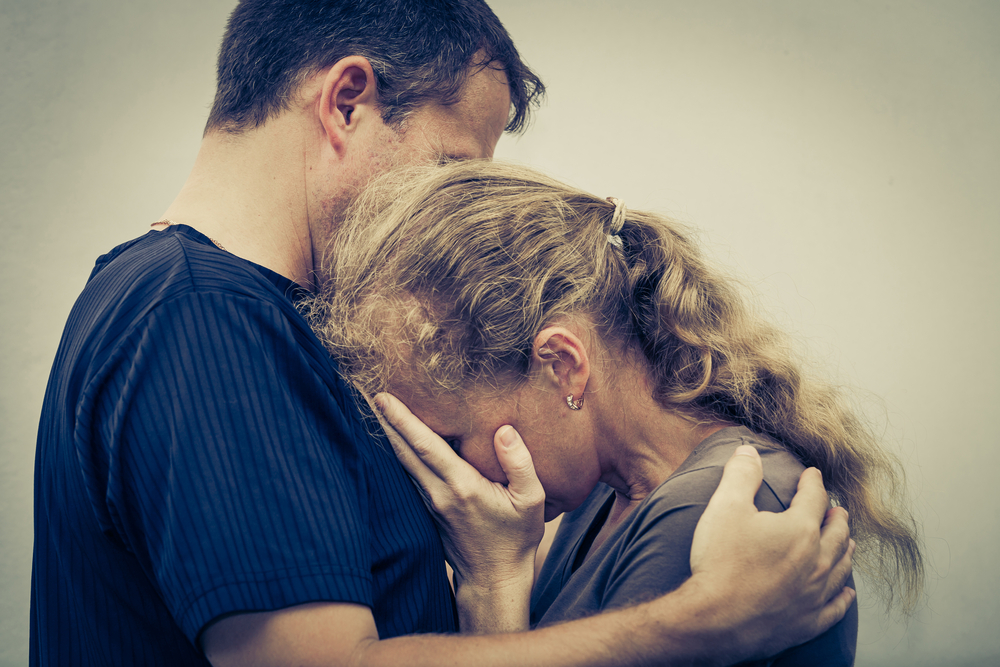“He who cannot forgive breaks the bridge over which he himself must pass.” – George Herbert
How important is it to forgive? Eternally important.
The past is consuming to the person who doesn’t forgive.
We become stuck.
We fantasize vindication.
We look at relationships surrounding the offense in a possessive manner.
We cling to bitterness as our beverage of choice.
We talk about it to people who have no business hearing of it.
We dream going back, doing things differently, saying something more damaging, and avoiding the offense.
My unwillingness to love and forgive makes life about me and NOT the Incarnation of Jesus who longs to abide in me. God silences His voice because He sees only one thing in the past: The Cross-the ultimate iconoclast of unforgiveness.
Prayer:
Lord, when You were on trial, You would not speak to save Your life. Teach me the art of trust and forgiveness even when I am in the midst of wrongs done to me. Teach me to speak grace and truth, not so much in a desire to be seen as right, but rather to humbly participate in the ministry of reconciliation.
The One who created life became obedient unto death.
When we forgive we forfeit our miseries and choose to live in the presence. We no longer have the need to marinade in the poison of nurtured malice. We lose our self-important disappointments. We embrace everything that Jesus, on the cross, suffered to apprehend.
Reflect
Who have you harmed?
Who has harmed you?
Are you willing to forgive today?
Understanding Forgiveness
Choosing not to forgive is choosing to live backwards. Forgiveness frees up the energy it takes to bear the burden of anger indefinitely. Because God has forgiven all our sins, we should not withhold forgiveness from others.


